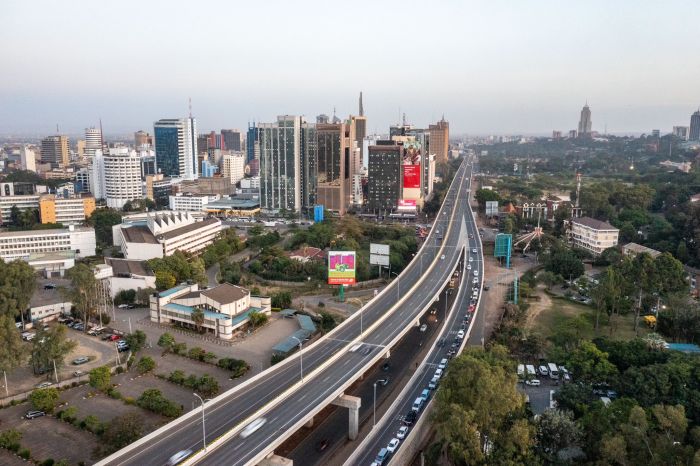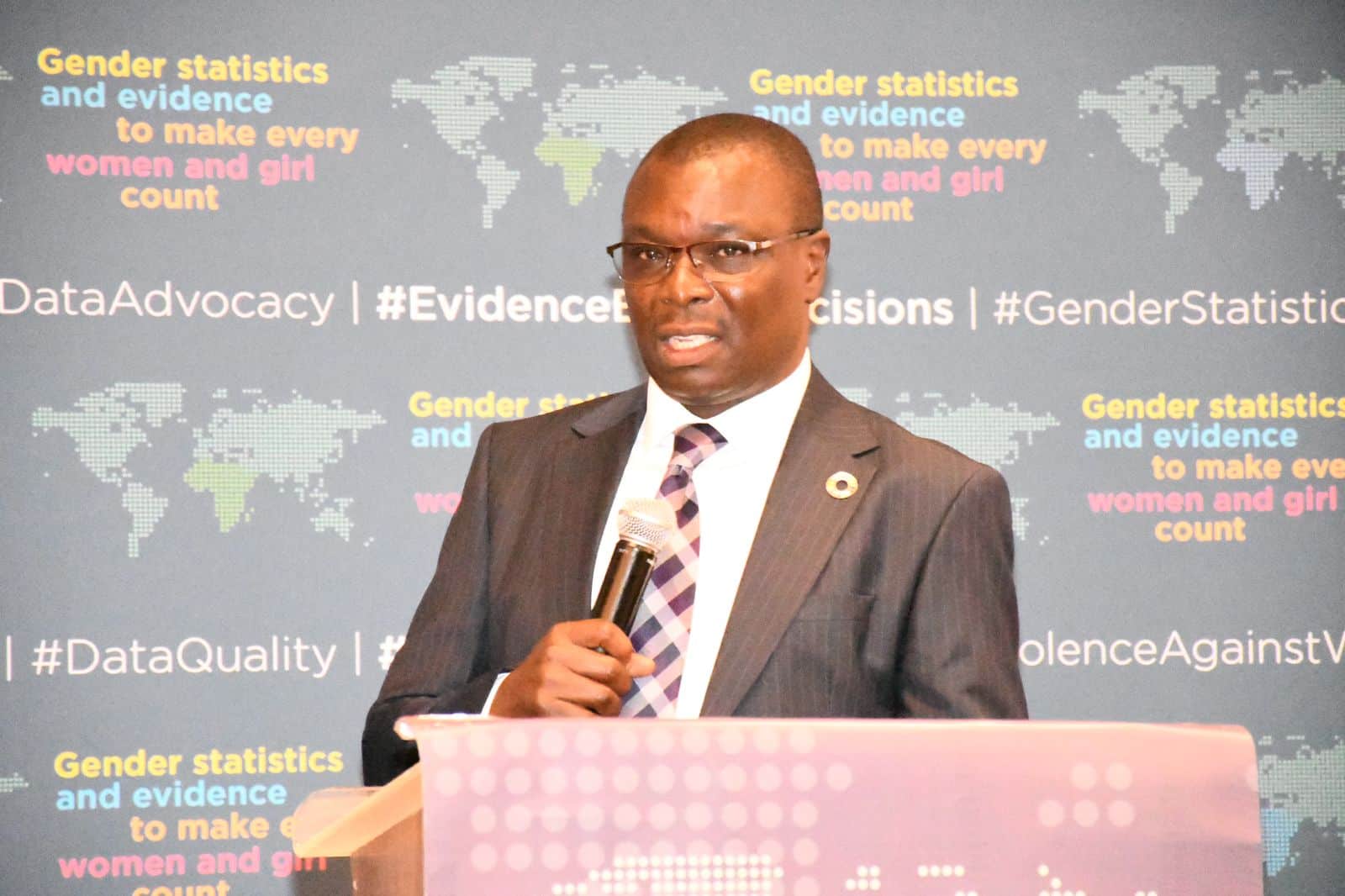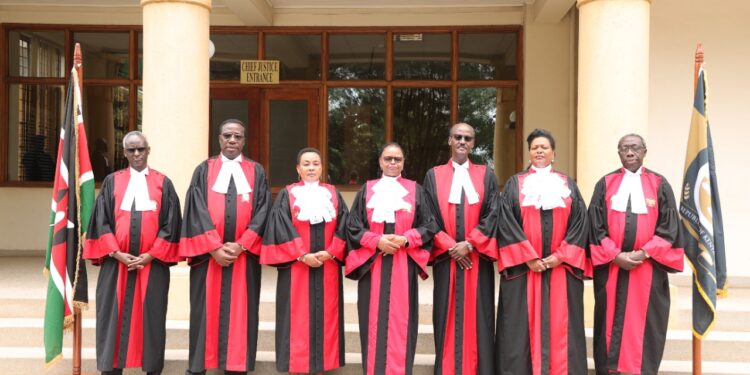Acting Chief Registrar of the Judiciary Paul Ndemo Maina has announced the deregistration of two advocates of the High Court of Kenya.
In a Gazette Notice published on March 8, advocates Samuel Gichuki Waigwa and Meshack Okoth were struck off the roll.
At the same time, three advocates were sent on a one-year suspension.
The three are Serah Njenga, Wilberforce Nyahoga Mariaria and Emanuel Koskei Kiprui.
“Pursuant to section 69 (2) of the Advocates Act, Cap 16, laws of Kenya, it is notified for the information of the general public that final orders were made and Samuel Gichuki Waigwa (Advocate)– P.105/2164/91 was struck off the Roll of Advocates by the Disciplinary Tribunal pursuant to orders issued in the Disciplinary Tribunal Cause (DTC) Number DTC/186/2017.
“Pursuant to section 69 (2) of the Advocates Act, Cap 16, laws of Kenya, it is notified for the information of the general public that final orders were made and Meshack Okoth Obura (Advocate)- P.105/993/78 was struck off the Roll of Advocates by the Disciplinary Tribunal pursuant to orders issued in the Disciplinary Tribunal Cause (DTC) Number DTC/180/2002, read part of the Gazette Notice.

Also Read: JSC Initiates Process of Sacking Judge, Petitions Ruto
Process of deregistering advocates
Deregistering advocates, also known as disbarment or striking off, typically involves a formal process overseen by the relevant legal authority in a particular jurisdiction.
They may be deregistered for various reasons, typically relating to professional misconduct or incompetence.
Some common grounds for deregistration include conviction of a serious crime, breach of professional conduct rules or ethics, fraud or dishonesty negligence or incompetence in handling cases among others.
Disciplinary Tribunal Cause
The advocates Disciplinary Tribunal consists of the Attorney-General as its Chairman, the Solicitor-General or a person deputed by the Attorney-General, six advocates (other than the Chairman, Vice-Chairman or Secretary of the Society) of not less than ten(10) years standing.
Since June 2002, a provision has been made for the appointment of three (3) lay persons into the tribunal.
The committee may act as a tribunal of either three or five members. The tribunal sits largely as a court but with a bit of relaxation regarding the strict rules of evidence.
Any person may file a complaint with the Tribunal alleging professional misconduct by an advocate. It may include behavior that is dishonorable or shameful and incompatible with their status as advocates.
The complainant files a formal complaint through an affidavit outlining the alleged professional misconduct.
In addition, this tribunal has jurisdiction over each and every advocate. The Tribunal’s secretary is the secretary of the Law Society of Kenya.
The administrative branch of the committee is run by the LSK Secretariat. It is also responsible for monitoring adherence to Tribunal orders.
Conflict of interest
Deregistration proceedings often begin with a complaint filed against the advocate. This complaint may come from clients, other lawyers, judges, or regulatory bodies.
Article 159(2) of the constitution emphasizes the importance of fairness and impartiality in judicial proceedings.
“In the exercise of judicial authority, the Judiciary, as constituted by Article 161, shall be subject only to this Constitution and the law and shall not be subject to the control or direction of any person or authority,” the article reads.
The regulatory authority responsible for overseeing lawyers then investigates the allegations.
If the investigation finds sufficient evidence of misconduct, a formal disciplinary hearing is usually held.
During the hearing, both the complainant and the advocate in question can present evidence, call witnesses, and make arguments.
Consequences of misconduct
After the disciplinary hearing, the regulatory body makes a decision on the advocate’s registration status.
This decision may involve dismissal of the complaint if it’s found to be without merit or imposition of disciplinary measures such as suspension, fines, or reprimand.
If deregistration or disbarment is the outcome, the advocate is formally notified of the decision. They are then removed from the roll of advocates and their license to practice law is revoked.
Deregistered advocates are no longer authorized to practice law. They may be required to notify their clients and transfer their cases to other lawyers.
In some cases, they may also face additional consequences. They include such as civil lawsuits or criminal charges, depending on the nature of their misconduct.
Also Read: JSC shortlists 100 Candidates for 20 Vacancies
Article 168 provides the removal of judges and other members of the judiciary.They include advocates, on grounds of incapacity, incompetence, or gross misconduct.
It sets out the procedure for initiating such removal, which may involve the JSC and ultimately require approval by Parliament.
“A judge of a superior court may be removed from office only on the grounds of inability to perform the functions of office arising from mental or physical incapacity; (b) a breach of a code of conduct prescribed for judges of the superior courts by an Act of Parliament,” the article explains.










































































